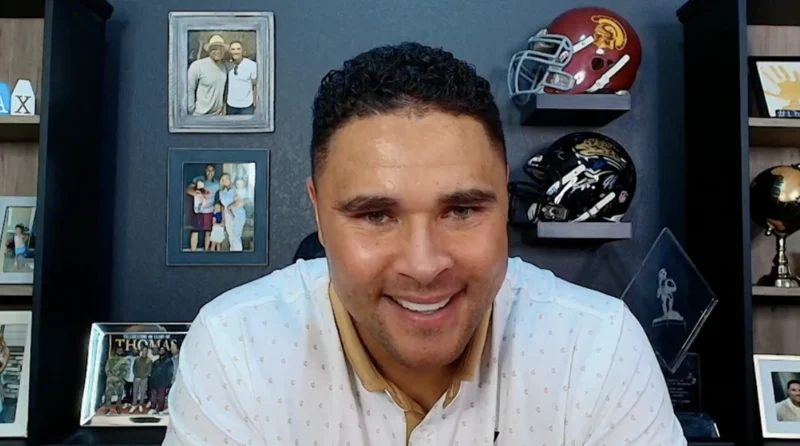How Utilities Can Decrease Their Accounts Receivable
Utility companies, like many businesses, were impacted by the COVID-19 pandemic. With people struggling to pay their bills, that left utilities with growing accounts receivables. Karen Jonas, Senior Vice President of Business Development at IC System, and Eric Port, Recovery Manager at DebtNext, provided some insights on the matter and some welcome news for utilities struggling with mounting AR balances.
“What we see is a lot more utilities are starting to regain focus on their write-off collections again,” Port said. With the pandemic beginning to subside, there is a renewed effort on recoveries and a shift in the type of recoveries utilizing digital methods, such as email and text.
“Last year, they couldn’t really write off or disconnect any accounts at that point,” Jonas said. “So, they are seeing their accounts receivable increase. Now, going into 2021, they are definitely trying to mitigate those write-offs.”
Receivables management also changed during the pandemic due to remote work.
“The biggest thing from a productivity standpoint is just the shift in remote work life as opposed to going into the office,” Port said. Jonas added that collections agencies had to move quickly to get their people shifted to remote work to keep servicing clients without a hitch.
One thing making an impact in 2021 is stimulus checks. Jonas pointed out the uptick in people paying their utility bills with their stimulus money, which positively impacts accounts receivable.
Follow us on social media for the latest updates in B2B!
Twitter – @MarketScale
Facebook – facebook.com/marketscale
LinkedIn – linkedin.com/company/marketscale




